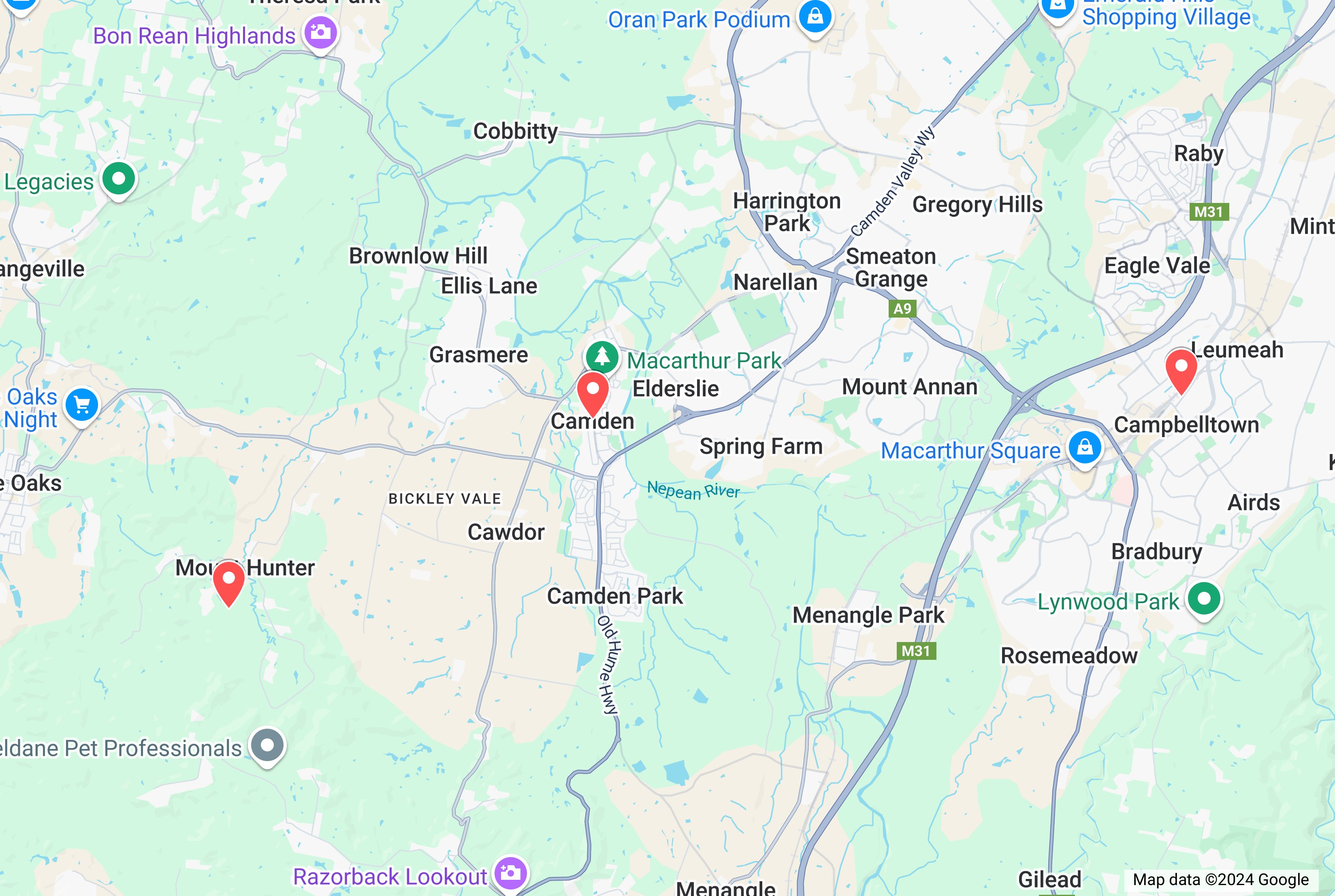

Contact Us
Camden Based
Lawn Care Specialists
We’re excited to hear from you! Whether you have questions about our services, need advice on your lawn and garden, or want to discuss a custom maintenance plan, our friendly team is here to help. Reach out today, and let’s work together to create your ideal outdoor space!
AREAS WE SERVE

Camden Council
Bickley Vale - Bringelly - Bridgewater - Camden - Camden South - Catherine Field - Cawdor - Cobbitty - Currans Hill - Elderslie - Ellis Lane - Gledswood Hills - Grasmere - Gregory Hills - Harrington Park - Kirkham - Leppington - Mount Annan - Narellan - Narellan Vale - Oran Park - Rossmore - Smeaton Grange - Spring Farm
Campbelltown Council
Ambarvale - Bardia - Blairmount - Bow Bowing - Bradbury - Campbelltown - Denham Court - Eagle Vale - Englorie Park - Eschol Park - Glen Alpine - Glenfield - Ingleburn - Kearns - Leumeah - Macquarie Fields - Macquarie Links - Minto - Raby - Rosemeadow - St Andrews - St Helens Park - Woodbine
Wollondilly Council
Appin - Belimbla Park - Bingara Gorge - Brownlow Hill - Camden Park - Cawdor - Douglas Park - Glenmore - Lakesland - Maldon - Menangle - Mount Hunter - Mowbray Park - Orangeville - Picton - Razorback - Theresa Park - The Oaks - Werombi - Wilton


